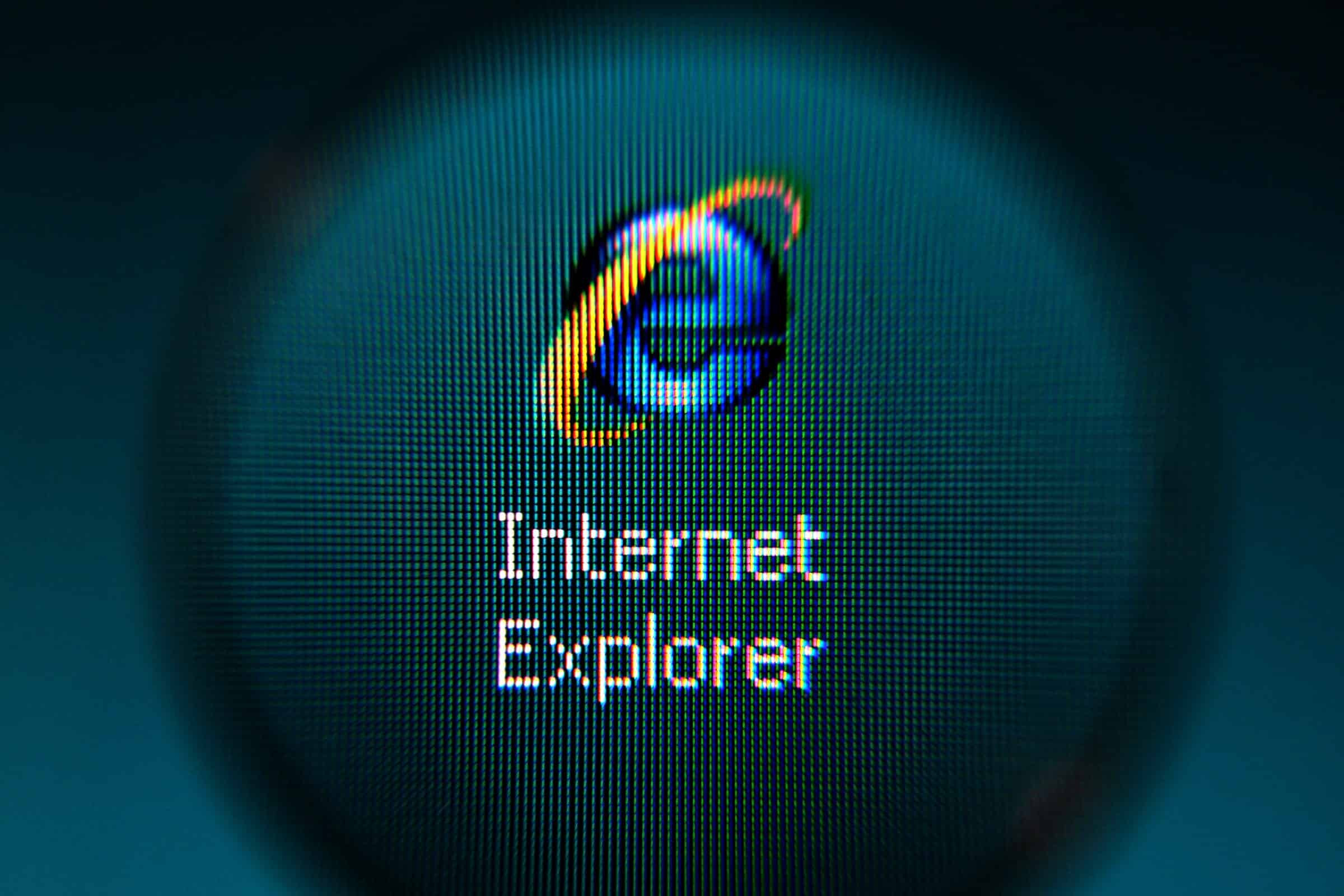Microsoft has officially retired its Internet Explorer (IE) web browser after over 25 years of service. The tech giant announced the end of IE support in August 2020 and urged users to shift to its new browser, Microsoft Edge.
The company permanently disabled the web browser through a Microsoft Edge update on certain versions of Windows 10 on February 14.
IE was launched in 1995 and had a monopoly in the web browser market for years. However, it lost its position to competitors like Google Chrome, Firefox, and Microsoft Edge in recent times. The browser’s market share had dropped to less than 1% by the time Microsoft announced its retirement.
While Microsoft will no longer provide support or security updates for IE, the browser will still exist for compatibility reasons. It will continue to be available for use with some business applications and other legacy software.
Microsoft has urged its customers to switch to Microsoft Edge, which offers a faster, more modern browsing experience. Edge is built on the same engine as Google Chrome and has several additional features such as integration with Microsoft’s virtual assistant, Cortana, and the ability to annotate web pages.
For those who still rely on IE for certain applications, Microsoft has provided a compatibility mode in Edge. This mode allows users to access websites and applications that were designed for IE.
In the wake of IE’s retirement, Microsoft has also announced a new version of Edge that will be optimized for business users. The new version will have features specifically designed for organizations, such as support for Internet Explorer mode and better management tools.
Overall, Microsoft’s decision to retire Internet Explorer is a significant moment in the history of web browsing. While the browser was once a dominant force in the market, it has become outdated in recent times. Its retirement will encourage users to embrace newer, more efficient browsers like Microsoft Edge, which offer better performance and modern features.
Tags Internet Explorer
 Gulte Movie News And Politics
Gulte Movie News And Politics

















